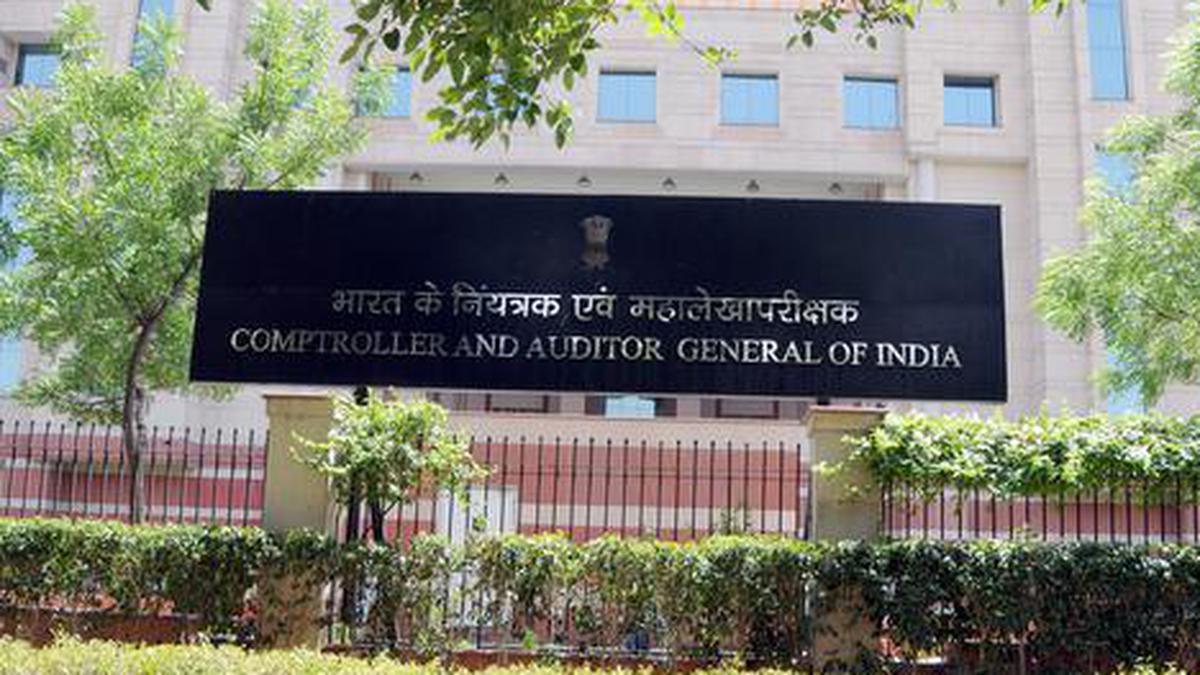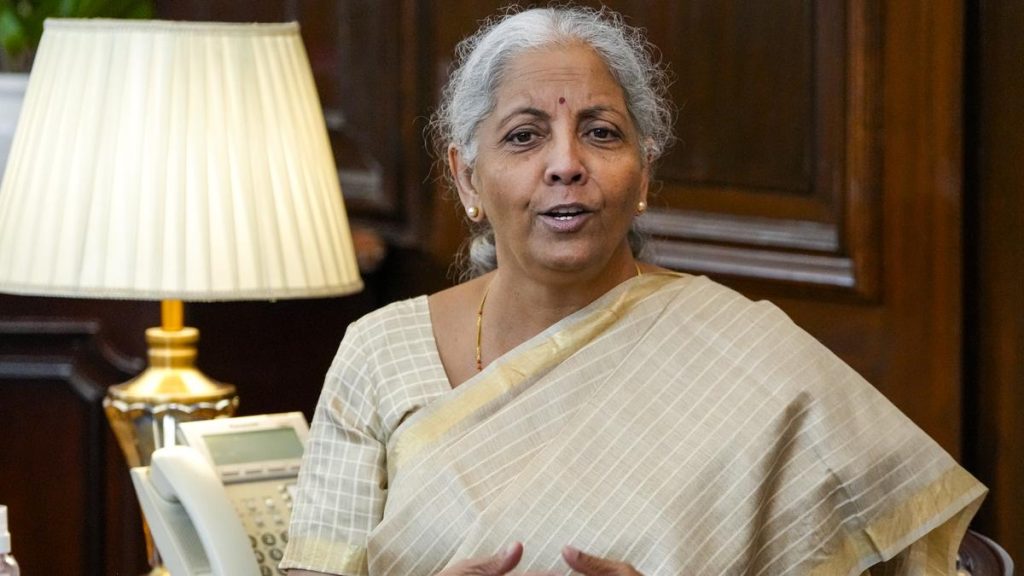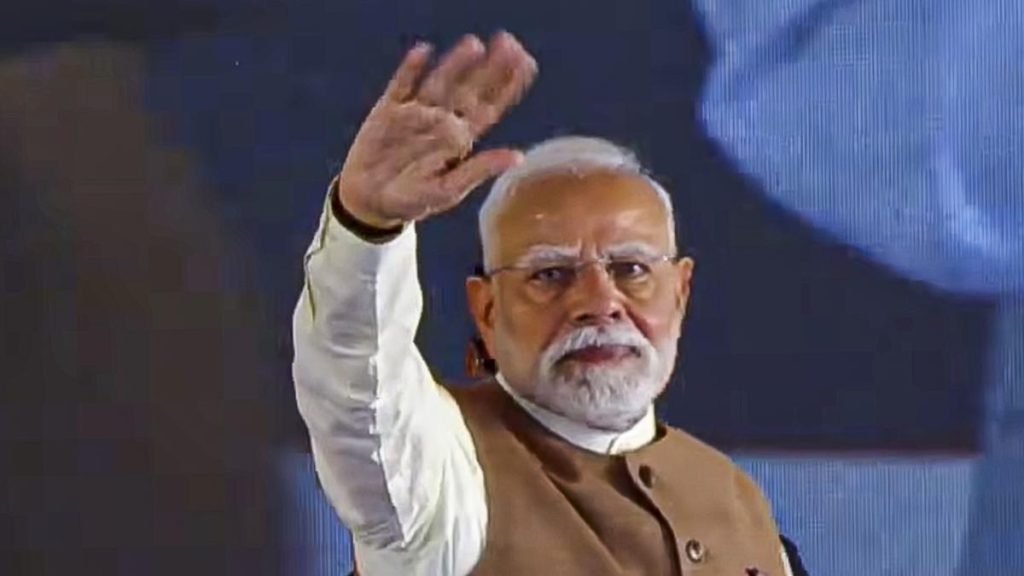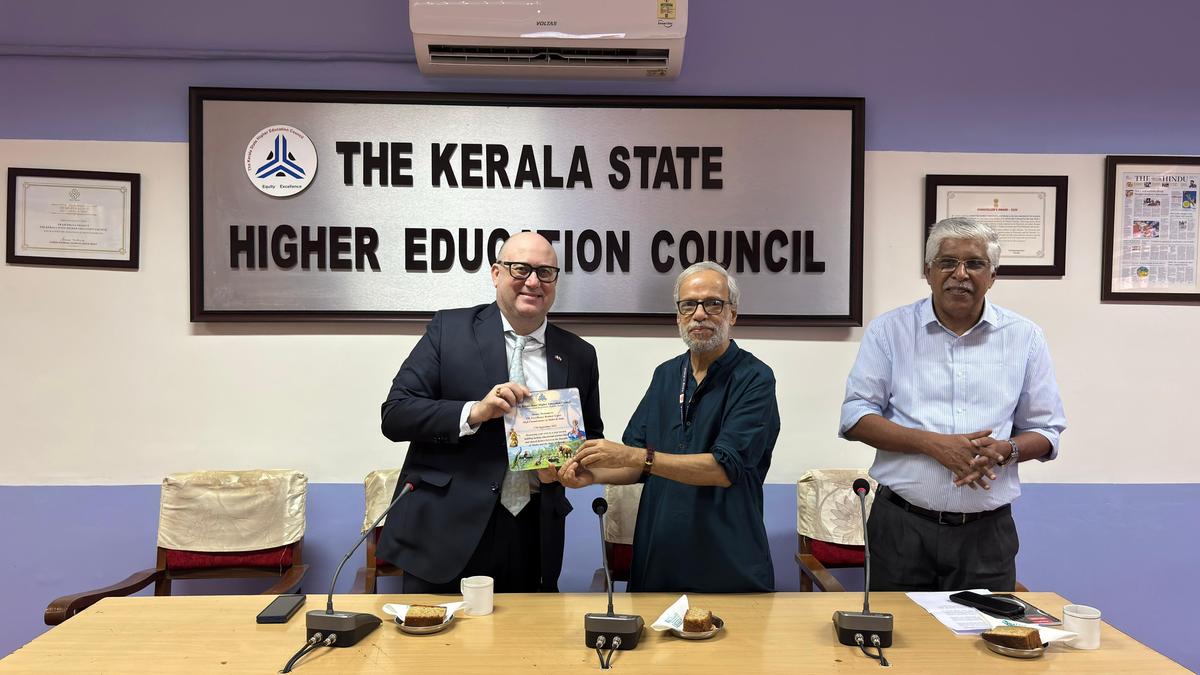Now Reading: CAG Builds AI Model to Streamline Audit Processes
-
01
CAG Builds AI Model to Streamline Audit Processes
CAG Builds AI Model to Streamline Audit Processes

Rapid Summary
- The Comptroller and Auditor General (CAG) is developing its own AI-powered Large Language Model (LLM) for auditors to access institutional knowledge, aimed at improving audit efficiency and analysis accuracy. The first version is expected by November 2025.
- Digitisation across government platforms enables remote or hybrid audits of agencies with secure access to data and geospatial tools like PM GatiShakti.
- Successful pilot studies in various domains include:
– Remote GST audits using standardised SQL queries.
– Office-based scrutiny of Telangana’s Stamps and registration Department processes.
– Hybrid audits examining Public Works in Haryana combining manual and digital records data analysis.
– Remote paperless certification for Panchayati Raj Institutions,enabled by West Bengal’s Virtual Audit System integrated with AuditOnline.
- CAG has developed the ‘Connect Portal,’ facilitating direct responses from nearly 10 lakh audited entities to audit queries, fostering clarity and observation tracking. It may be launched on September 19 during the Annual Conference of State Finance Secretaries.
- The conference will address topics like strengthening reporting frameworks for Centrally sponsored schemes, sharing best practices on public finances, leveraging IT/digital systems for governance enhancement, and improving auditing/accounting of State entities. Senior finance officials are expected to participate.
Indian Opinion Analysis
The initiatives announced by the Comptroller and Auditor General signal a pivotal moment in adapting technology-driven approaches to enhance accountability in India’s governance. The advancement of a dedicated LLM could streamline complex audit processes by enabling faster identification of patterns within large datasets without compromising accuracy-a vital function given India’s size and bureaucratic structure.
Government-wide digitisation ensures remote auditing becomes practical across diverse departments at both central/state levels. Tools such as PM GatiShakti not only provide geographical insights but strengthen transparency when combined with effective risk management strategies.
Efforts such as Telangana’s receipt-oriented compliance review or West Bengal’s virtual audit integration highlight scalable models that other states might replicate, fostering uniformity nationwide while addressing specific local challenges.
forums such as the Annual Conference bolster interdisciplinary dialog where innovations like the Connect Portal can have far-reaching implications-simplifying interactions between auditee entities without manual backlogs so critical in India’s layered administrative system. As these advancements unfold within an ambitious timeline till late 2025+,their success will hinge on consistent implementation grounded in robust training frameworks bridging technologists & functional officers ensuring accuracy scaling integrity-efforts operational embeddedness therein..























